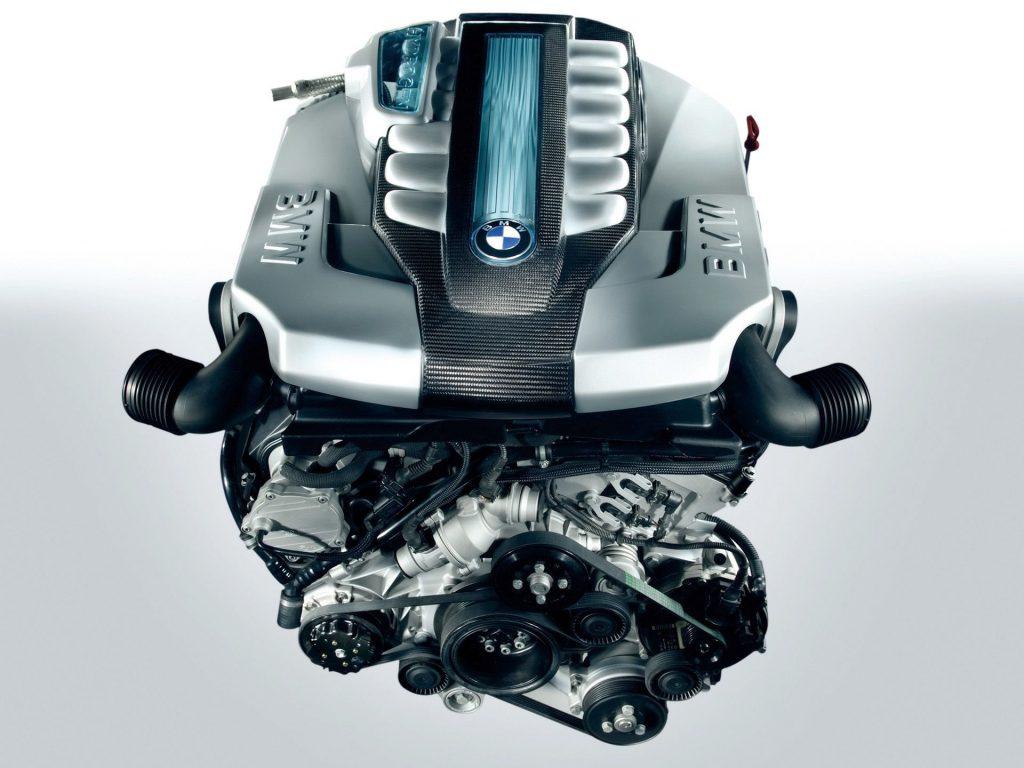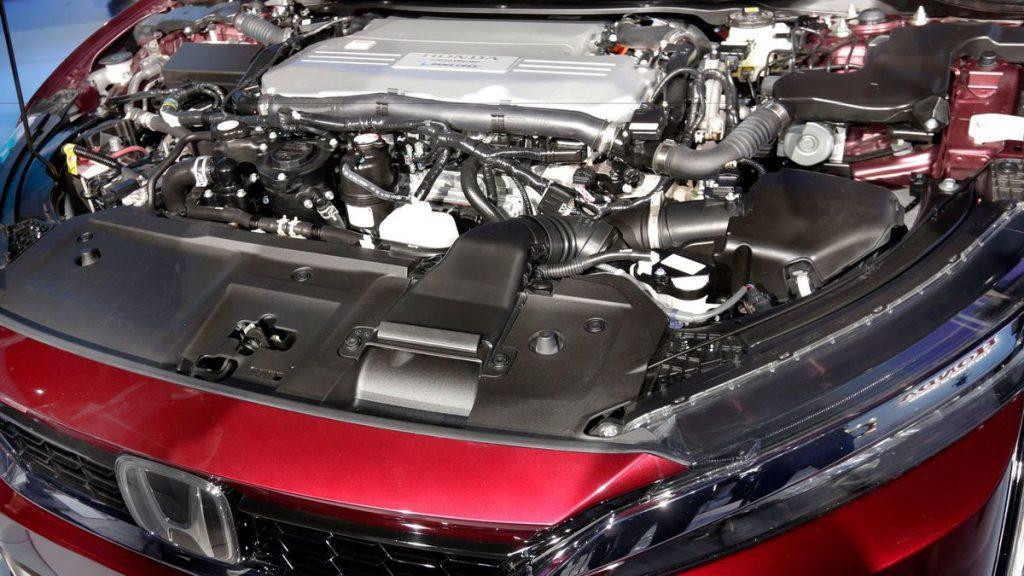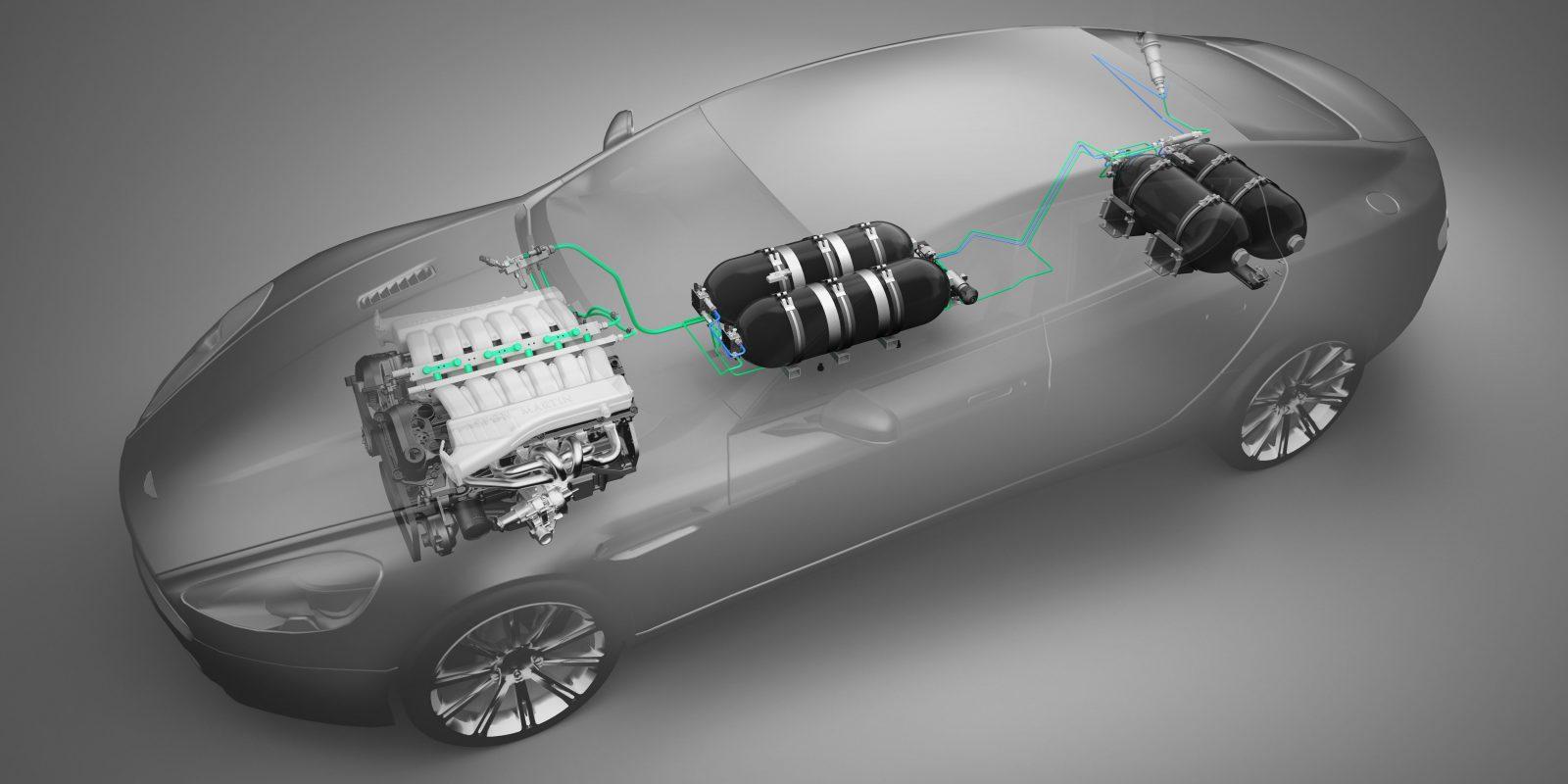A type of engine that has been doing the rounds these days are the hydrogen engines, which function similarly to a gas-powered motor in many ways. Both of these utilize a four-stroke design for intake, compression, ignition, and exhaust.
There are some considerable differences in the functioning of hydrogen and fuel-based engines. You can browse online to find the best maintenance tips to keep your car engine running without any hassle.
Contents
How Do Hydrogen Engines Function?
The concept of hydrogen engines is not that new as the technology for generating power by using hydrogen has been around for the last few years.
However, what makes hydrogen engines stand apart from other car engines is that the car vents out steam and not gasses. There are many hydrogen engine cars, which include the likes of Chevrolet Equinox, BMW 745th, and Honda FCX.
1. The Difference In What Your Car Vents Out
The fundamental different vehicle produces water as the by-product of the combustion cycle. Besides, owing to the heat generated there is minimal NOx emission, but lesser than what a gas-powered vehicle produces.
As hydrogen is different from gas, the air-fuel ratio, compression ratio, timing, and the ignition is different from other cars.
You might be able to run an air-fuel ratio as 180:1, and a higher compression ratio as hydrogen with a higher octane rating.

SEE MORE:
- Hydrogen Fuel Cells Vs Traditional Cars – A Detailed Comparison
- Where do the different smells in your car come from?
2. How Hydrogen Engines Power The Car?
There are only two ways to power a modern car. The majority of cars at present use an internal combustion engine for burning petroleum-based fuel, generate heat, and push the piston to drive the vehicle.
However, electric cars work entirely on batteries, which feed electric power to the electric motor that drives the vehicle. Besides, these hybrid cars come with an internal-combustion engine and electric motor to switch between the two while driving.
3. How Does Technology Work?
Fuel cells, a cross between the internal-combustion engine and battery power create power by using the fuel from the tank. The fuel, in this case, is hydrogen gas and not gasoline or diesel.
However, the fuel cell does not burn the hydrogen but fuses chemically with oxygen from the air to make water.
Next, electricity is released, which powers an electric motor to drive the vehicle. The only waste product is water.

>> Looking for a high-quality used car from Japan, click here <<
Hydrogen Engine vs Diesel Engine vs Natural Gas Engine
Here’s a table comparing Diesel Engines, Natural Gas Engines, and Hydrogen Engines for your references:
| Aspect | Diesel Engine | Natural Gas Engine | Hydrogen Engine |
| Fuel Type | Diesel fuel (commonly diesel oil) | Compressed natural gas (CNG) or LNG | Hydrogen gas |
| Combustion Process | Compression ignition | Spark ignition | Combustion with hydrogen and oxygen |
| Emissions | – Emit nitrogen oxides (NOx) and soot
– May require exhaust aftertreatment |
– Lower emissions of NOx and particulates compared to diesel
– Emits greenhouse gasses (CO2) |
– Produces only water vapor as exhaust
– Considered a zero-emission vehicle |
| Fuel Efficiency | Generally efficient | High thermal efficiency | High efficiency, similar to natural gas engines |
| Fuel Availability | Widely available globally | Access to natural gas infrastructure | Limited hydrogen fueling infrastructure |
| Cost of Fuel | Moderate cost | Lower cost compared to diesel | Can be expensive due to limited supply |
| Refueling Infrastructure | Well-established | Expanding, but not as widespread as diesel | Limited availability in most regions |
| Energy Density | High energy density | Lower energy density compared to diesel | Low energy density |
| Engine Noise | Generally noisy | Quieter than diesel engines | Quiet operation |
| Cold Start Performance | May have issues in very cold climates | Performs well in cold conditions | Good cold start performance |
| Maintenance | Typically robust and durable | Less wear and tear on engine components | May require specialized maintenance |
| Environmental Impact | High greenhouse gas emissions | Lower greenhouse gas emissions | Minimal environmental impact |
| Application | Common in heavy-duty trucks and vehicles | Used in buses, fleet vehicles, and some industrial applications | Limited to niche and experimental applications |
| Future Trends | Evolving with emission reduction technologies | Growing popularity due to lower emissions | Research and development for wider use |
| Availability of OEM Vehicles | Widely available | Available in specific vehicle models | Limited availability, primarily experimental |
FAQs on Hydrogen Engines
1. Can hydrogen engines work in medium and heavy-duty trucks and buses?
Yes, hydrogen engines can work in medium and heavy-duty trucks and buses, and they are being explored as an alternative to traditional diesel engines in these applications.
Hydrogen fuel cell technology is particularly promising for larger vehicles due to its high efficiency and the ability to provide longer ranges compared to battery electric vehicles.
2. Is there a need for special modifications to the engine to run on hydrogen?
Yes, adapting an engine to run on hydrogen typically requires modifications to accommodate the different combustion characteristics and properties of hydrogen.
These modifications may include adjusting the air-fuel mixture, ignition timing, and fuel delivery system.
3. Are there different types of hydrogen engines?
Yes, there are different types of hydrogen engines, including hydrogen internal combustion engines (HICE) and hydrogen fuel cell engines.
HICE engines directly combust hydrogen, while hydrogen fuel cell engines use hydrogen to produce electricity to power electric motors.
4. What are the challenges and limitations of hydrogen engines?
Challenges include the limited availability of hydrogen refueling infrastructure, the cost of hydrogen production and storage, and the need for special handling and safety precautions due to the flammability of hydrogen gas.
5. Is hydrogen a renewable fuel source, and how is it produced?
Hydrogen can be produced using various methods, including electrolysis (using electricity to split water into hydrogen and oxygen), steam methane reforming (extracting hydrogen from natural gas), and other renewable sources.
The environmental impact of hydrogen depends on the production method used.
Check out this video from BeyondFuel to see how a hydrogen car work!
Summing Up
Thus, the hydrogen engines provide the drivers an environment-friendly way of driving their vehicle without any hassle.



